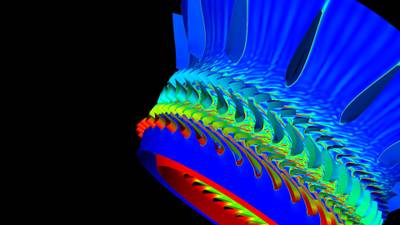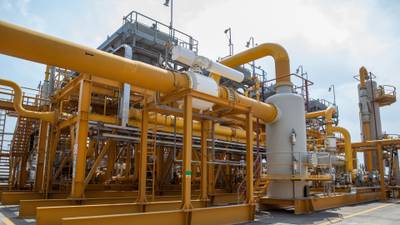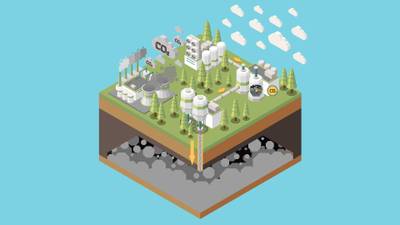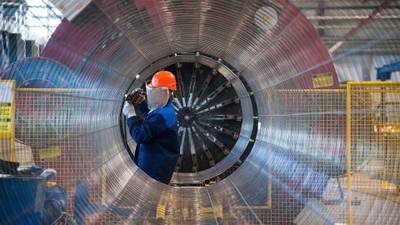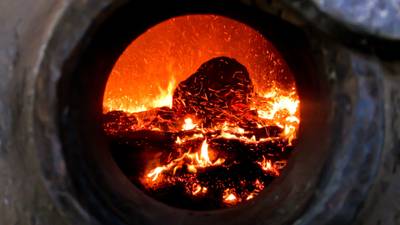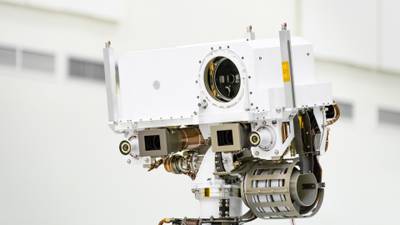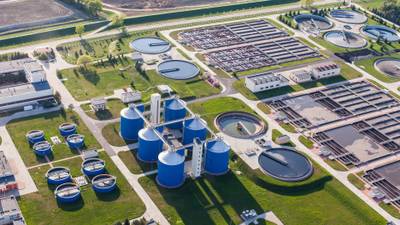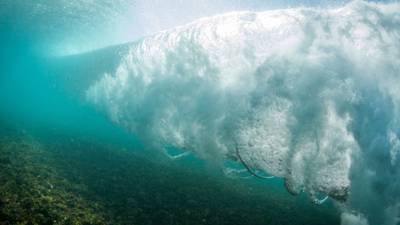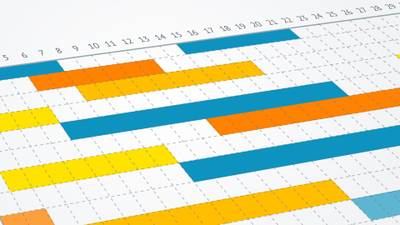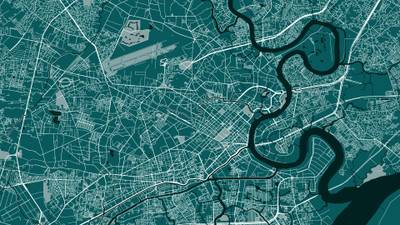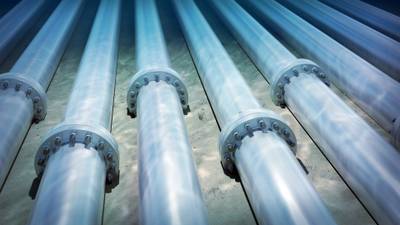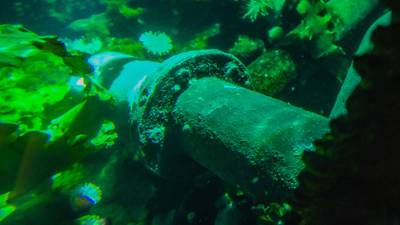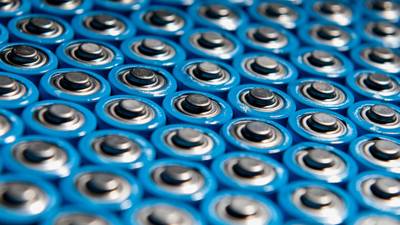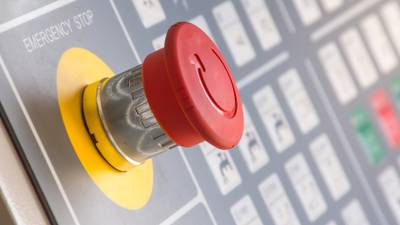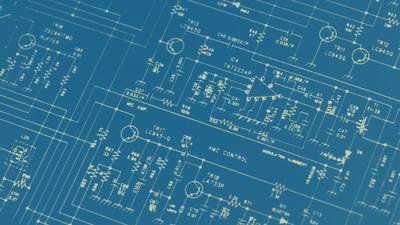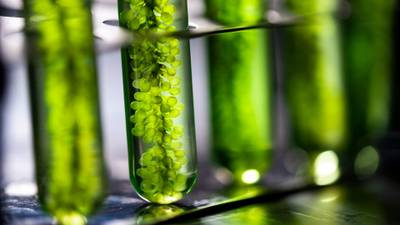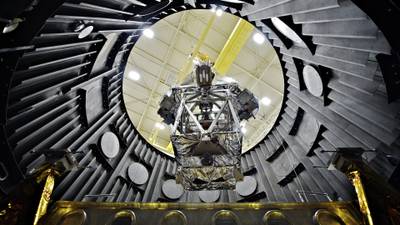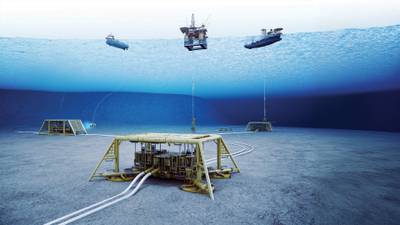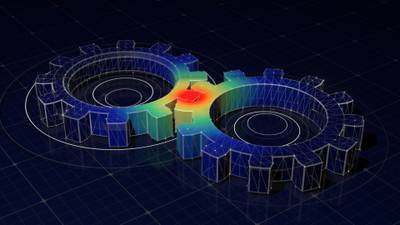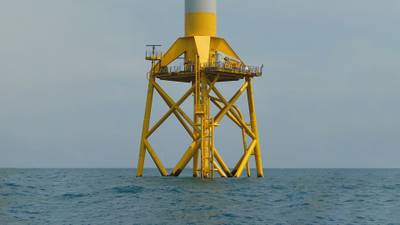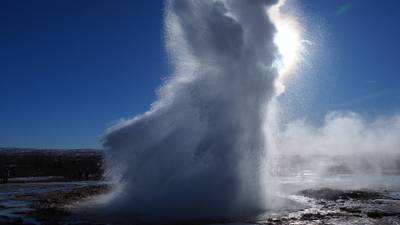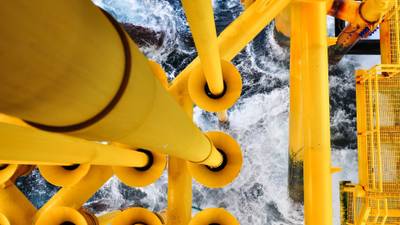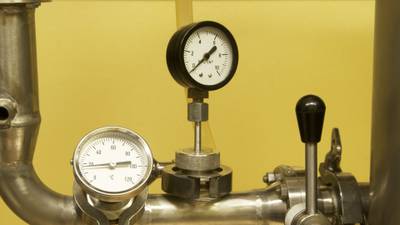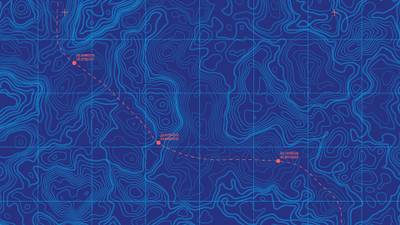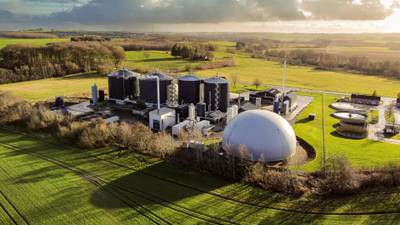Join a catalyst and reactor design course you can study online.
This Masters-level online short course is a core part of our accredited MSc in Advanced Chemical Engineering.
In this flexible online course, you’ll develop your understanding of catalysis, catalyst design, reactor design, optimisation, scale-up, and operation.
With expert guidance, you’ll learn to:
- design, prepare, characterise and test different catalysts, and
- solve chemical engineering problems involving reactor analysis and design.
Who can join this online catalyst and reactor design course?
This course is designed for graduates who have a background or interest in chemical engineering, chemistry, or related fields, as well as professionals seeking to deepen their knowledge in catalysis and reactor technologies.

Build credits towards an accredited Masters degree
This online course is part of our accredited:
You can use the credits you earn with this short course towards this MSc qualification.
What you’ll study
In this course, you’ll study catalysis and its application to catalyst and reactor design, optimisation, scale-up, and operation.
The course is divided into two sections, covering the following topics:
Catalyst design and characterisation
- Catalyst function
- Catalyst structure and surface chemistry
- Heterogeneous catalysis
- Catalyst design, materials and preparation methods
- Catalyst testing, characterisation and kinetics
- Catalyst deactivation and regeneration.
Reactor design
- Review of fundamentals of reaction engineering
- Reaction kinetics and ideal reactors
- Transport processes in heterogeneous reactions catalysed by solids
- Gas-liquid and gas-solid reactions without catalysts
- Reaction and reactor modelling
- Non-ideal reactors
- Reactor scale-up and optimisation.
By the end of this course, you’ll be able to...
-
Design suitable catalysts for new and improved processes, taking into account deactivation and regeneration.
-
Determine reaction rates in heterogeneous catalytic systems.
-
Characterise and evaluate the performance of catalysts to establish structure-activity correlations for new and improved processes.
-
Calculate concentrations, temperatures, and reaction rates on the surface of catalyst particles in the presence of external and internal diffusional limitations.
-
Select and size heterogeneous catalytic reactors for new and improved processes.
-
Analyse the behaviour, predict activity and selectivity, and perform modelling for real reactors.
Choose the University of Aberdeen for online catalysis and reactor design courses

Earn as you learn
We fit around full-time work, so you can build qualifications while you keep earning a salary.

You’re in expert hands
We’ve been training world-class engineers for over 100 years and delivering online learning for decades.

20% alumni discount
University of Aberdeen alumni get 20% off fees for this online course.
How you’ll study
Online learning
This distance-learning catalyst and reactor design course is delivered flexibly, 100% online.
You can learn with us anywhere in the world, no student visa required, and manage your hours to suit you.
Your teaching
This course is taught at Masters level.
Teaching is delivered through MyAberdeen, our online Virtual Learning Environment (VLE). It holds all the materials, tools and support you’ll need in your studies. Take a look around MyAberdeen.
You can access your learning materials on computer, smartphone and laptop, 24 hours a day. You’ll find a range of resources available, including:
- videos
- video lectures
- live online tutorials
- audio clips
- slide shows
- reading materials
- the online resources of our award-winning Sir Duncan Rice Library.
Live online tutorials
This course features online tutorials that take place live. Live attendance is encouraged, but the tutorials will be recorded so that you can access them after they have taken place.
Your tutors
This course is delivered by our School of Engineering.
You’ll learn from a team of internationally experienced engineers, academics and industry professionals.
This course is assessed online.
You’ll be assessed via methods that may include:
- a written report (worth 30% of your final course grade)
- a timed online exam (70%).
The course totals approximately 150 hours of study and assessment time. That’s around 10 – 15 hours per week.
This is an indicative guide to the time required for a typical student at this level to achieve the learning outcomes. This includes time for independent study, as well as teaching and assessments.
You can largely set your own study hours each week to cover the materials. MyAberdeen is available 24/7, so you can log in and study when it suits you.
Live online tutorials
This course features live online tutorials.
These are scheduled to last for around one hour. Tutorials will be recorded so that you can view them anytime if you are unable to attend live.
Tutorial times will be organised at the start of the course. Your course coordinator will consider everyone’s circumstances and time zones before setting up tutorial times.
Activities at fixed times
You’ll have live online tutorials at fixed times, plus assessments with deadlines. But otherwise, you can access and work through your course at your convenience.
Our first-class support structure will ensure that you aren’t alone in your studies. You’ll have contact with your coordinator via email, MyAberdeen and Microsoft Teams. You can use social media and discussion boards to chat with your fellow students too.
We provide a wide range of services to support you in your studies and beyond:
- Careers and Employability Service
- Disability support
- IT support
- Library support
- Student Support Service – help with finances, wellbeing, and non-academic issues
- Student Learning Service – study skills support and advice
- Aberdeen University Students’ Association (AUSA) – run by students for students
- Toolkit – clever apps and free training that can make your study life easier
Wherever you are in the world, you’ll feel part of our very special Aberdeen learning community.
Your course coordinator

Dr Yeshui Zhang
Yeshui is a Lecturer in Chemical Engineering in our School of Engineering.
Prior to joining us, she was a Faraday Institution Research Fellow at University College London.
Yeshui’s research interests cover a broad area of chemical engineering, including energy-storage materials, lithium-ion battery manufacturing, pyrolysis-catalysis of waste, high-temperature quartz crystal microbalance, carbon-capture technology, carbon nanotubes synthesis, and the circular economy of plastics.
View Yeshui’s profileWhere this will take you
Towards a Masters
You’ll earn 15 credits at Masters level (SCQF Level 11) with this course. You can use these credits towards our online:

Masters in Advanced Chemical Engineering
Develop your knowledge and qualifications in chemical engineering, design and practice, with an emphasis on safety and sustainability. Study flexibly online in this degree that fits around full-time work.
View MSc Advanced Chemical EngineeringCareers
Catalyst and Reactor Design equips you with a strong foundation in chemical engineering and catalysis, preparing you for various career paths in sectors including:
- Petrochemicals and Refining
- Energy and Renewables
- Environmental Engineering
- Materials Science
- Academic Research and Development.
Careers this course can help you work towards or progress within include:
- Catalyst Scientist/Engineer
- Process Engineer
- Reaction Engineer
- Energy Specialist
- Environmental Consultant
- R&D Scientist
- Project Manager in Chemical Engineering
- Academic/Instructor.
Continuing Professional Development (CPD)
Your employer or professional institute may recognise this course for CPD hours. Talk to your employer or institute to find out more.

Free career support
Access our free careers service while you study.
- 1:1 appointments
- CV checks
- Interview prep
- Job opportunities
Entry requirements
Entry requirements
We welcome students from all over the world.
This course has no formal entry requirements. You do not need to provide proof of your qualifications.
But you do need to check the entry guidance above to understand the level of teaching delivered, to decide if this course is right for you.
If you do not have qualifications from the UK, check the equivalent teaching level for your country.
Visa requirements
You do not need a student visa to study online with us.
English language requirements
Teaching is delivered in English.
You do not have to provide proof of your English language skills to join this course. But we want to make sure that you can use English well enough to study successfully.
Recommended level of English
For this course, we recommend the following level of English language proficiency.
These are our Postgraduate Standard requirements, and these are minimum scores.
IELTS Academic, IELTS UKVI Academic, or IELTS Online (not IELTS Indicator or IELTS General Training)
- 6.5 overall
- 5.5 for listening, reading and speaking
- 6.0 for writing
TOEFL iBT or TOEFL iBT Home Edition
- 90 overall
- 17 for listening
- 18 for reading
- 20 for speaking
- 21 for writing
- TOEFL DI code is 0818
Cambridge English: B2 First, C1 Advanced, or C2 Proficiency
- 176 overall
- 162 for listening, reading and speaking
- 169 for writing
LanguageCert Academic / LanguageCert Academic SELT
- 70 overall
- 60 for listening, reading and speaking
- 65 for writing
Oxford ELLT Digital – English Language Level Test Online
- 7.0 overall
- 5.0 for listening, reading and speaking
- 6.0 for writing
PTE Academic (online test not accepted)
- 62 overall
- 59 for listening, reading, speaking and writing
Skills for English: SELT
- B2 pass with merit
Duolingo – tests taken from 1 July 2024 onward
- 120 overall
- 95 for listening, reading and speaking
- 105 for writing
University of Aberdeen English Pre-sessional Programme (PSE)
- Pass
- Valid for one year. Refresher can be offered if out of date
Pre-sessional academic English preparation programmes undertaken at other UK universities
- Pass at an equivalent of 6.5 (C1)
- B2 in all four skills
- Certification must be within one year prior to the start of your course
For full information about language requirements, see our English Language Requirements page.
You will need access to:
A computer (PC, laptop or Mac) with an up-to-date operating system
Most teaching materials are smartphone- and tablet-friendly. But we recommend a proper laptop or desktop for completing assignments comfortably.
Reliable internet access
We recommend:
- a wired connection
- a minimum download speed of 2 Mbps so you can take part fully in live sessions.
Speakers or headphones
- We recommend a headset with built-in microphone and earphones if you’re likely to study in an environment with background noise.
- A webcam is optional, but you may like to use one for some interactive sessions.
Software
We’ll give you access to Office365 applications. This means you can use online versions of Microsoft Word, Excel, PowerPoint and OneDrive and install these programs on up to five personal devices.
If your course requires specialist software, we’ll provide you with access to this and a licence that lasts throughout your studies.
See our detailed IT requirements for more information.
When you study with us, you can expect a first-class support structure so that you’re never alone in your studies.
But learning online does mean you have to motivate yourself and manage your own time.
Your most important commitment will be time – the time to work through, reflect on and understand your teaching materials.
Before you start a course that involves a high degree of independent study, we recommend looking at the time you will be able to devote to your studies each week:
- Be realistic
- Create a weekly schedule as a guide
If you have any questions about studying online, get in touch with our friendly team. We’re here to help.
Fee payment
Your course fee needs to be paid in full before you start your course.
We accept payment via Visa Debit, Visa Credit and Mastercard.
Ways to save
You may be able to get help funding this course via:
- discounts – if any discounts are available for this course, they’ll appear in the section below
- employer sponsorship – we accept full and partial fee payments from sponsors.
Find out more about funding options.
Student card
All our students are entitled to a University of Aberdeen student card. This gives you access to a range of student discounts around the city and online.
Learning resources
Access to all the books and resources you need are included in your tuition fee. They’ll be made available to you online and you do not have to buy your own copies.
Printing
You may wish to set aside a small budget for printing, depending on how you like to work.
This course has no formal entry requirements. You decide if it’s suitable for you.
The course is delivered at Masters level. At this level, you’d usually have at least:
- a 2:2 UK honours degree (or equivalent) in Chemical Engineering or Chemistry, or
- relevant experience that supports this level of study.

